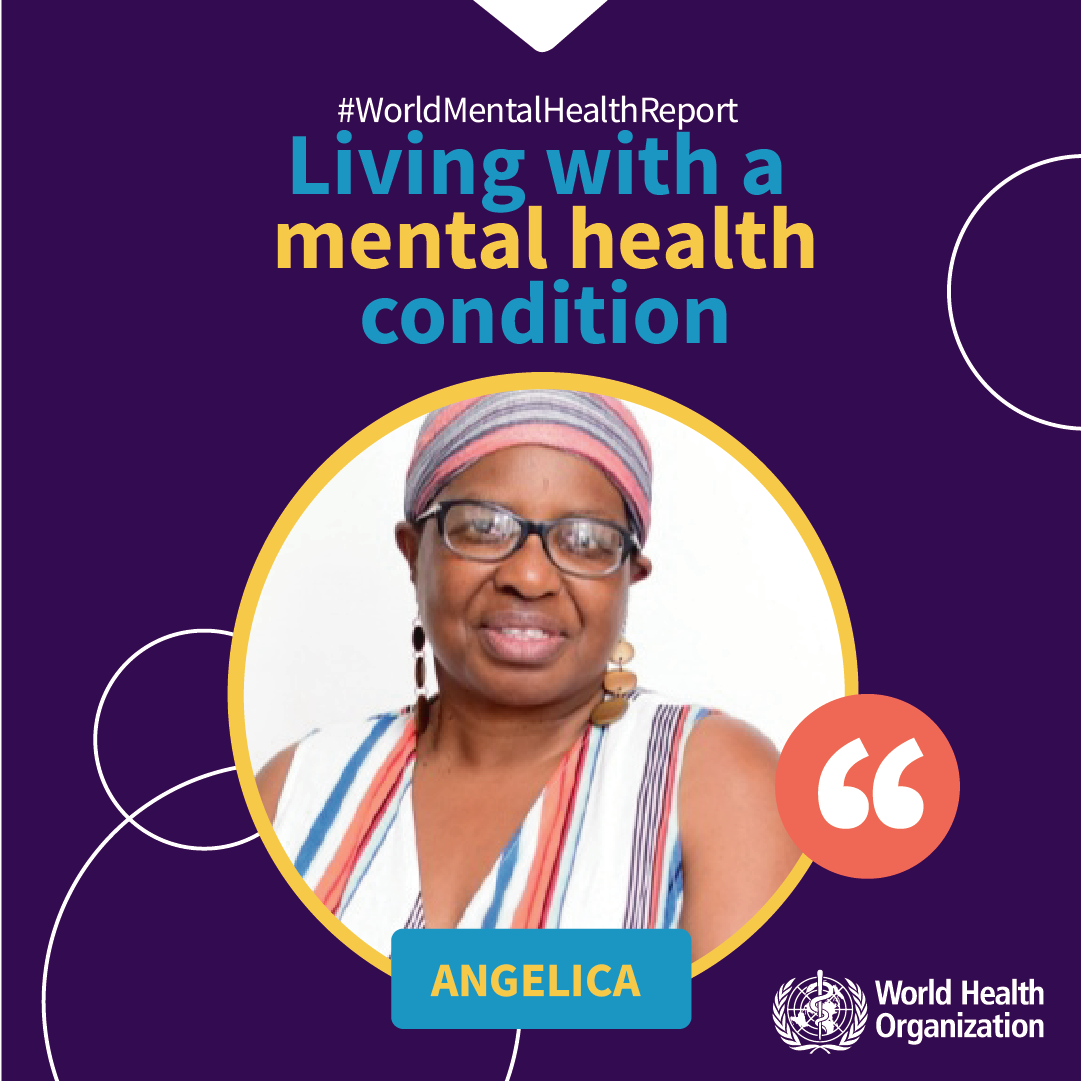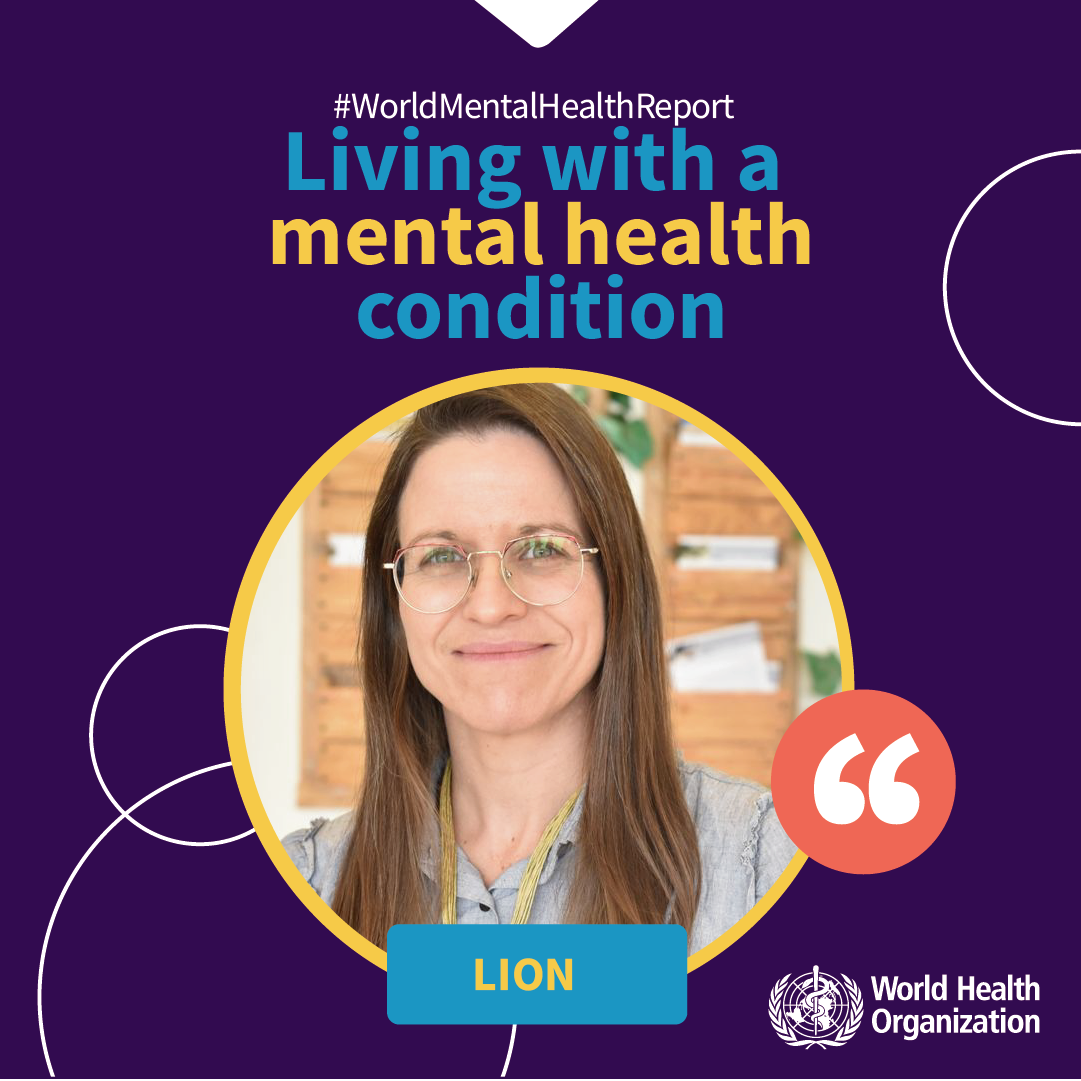
Stigma, which is pervasive in the general population and in the health sector, is a major barrier to improved mental health services and self-care. It is present in homes, schools, workplaces, communities and even within the mental health care system itself. People will often choose to suffer mental distress without relief, rather than risk the discrimination and ostracization that comes with accessing mental health services. Stigma among primary care providers likely contributes to low rates of detection of mental health conditions in primary care.
Stigma leads to social isolation and discrimination, which impacts a person’s ability to earn an income, have a voice, gain access to quality care, be part of their community and recover from their mental health condition. Around the world, people living with mental health conditions are frequently excluded from community life and denied basic rights. They are also discriminated against in the fields of employment, education and housing. In all cases, stigma and discrimination can adversely impact mental health and hinder people’s recovery.
Suffering through stigma
Angelica lives with obsessive–compulsive disorder (OCD) in Zimbabwe. She explains that there are very few psychiatrists in her country and that conditions like OCD are largely ignored. “For years I thought that maybe I was bewitched, or cursed, or possessed by evil spirits,” she says. “I had to go through this alone, because of fear of stigmatization. I could not even tell my husband. I was scared my loved ones would desert me. My church could not help. No priest understood what I was going through. There were no support groups in the whole country.”
Angelica’s experience is all too common. “For the longest time I was afraid of speaking about my battle with mental health because of the stigma attached to it,” says Odireleng Kasale in Botswana. “The single-sided story of bipolar disorder in my community focused only on the struggles it caused, rather than how to overcome them. I was afraid, lonely and didn’t believe that healing was possible.”

For others, like Lion Gai Meir in Israel, the stigma comes from health professionals rather than the community. “I’ve used various rehabilitation services over the years. and I have encountered ignorance and stigma. Some services were just unhelpful to me. Some actively harmed my recovery journey,” she says. “I’ll never forget the nurse in the psychiatric ward who chased me around when she caught me doing yoga in my room. It took me ten years to start doing yoga again,” adds Lion.
Peer-led change
Shifting attitudes and tackling stigma is not easy. But experience shows it is possible. Large-scale awareness campaigns can create positive changes in public attitudes. And approaches based on social contact with people with mental health conditions are known to be particularly effective.
People with lived experience, including in peer-led organizations, can be important agents of change. Odireleng became a mental health advocate as part of her recovery. “I made a pledge to myself to use the lessons I’d learned to help others. I am passionate about encouraging people to begin their healing by overcoming stigma and speaking up openly about their mental health condition,” she says.
Angelica similarly uses her lived experience to help others. She runs a support group through a nongovernmental organization that she set up in 2018. “We used to meet face-to-face once a month before COVID-19; now we meet online,” she says. “I also give talks on the radio and at local events. Our work has been featured in newspapers and magazines,” she adds.
Better quality care
Anti-stigma strategies can also be targeted at health workers and are an important component of efforts to improve the quality of care for people with mental health conditions. WHO’s QualityRights initiative for example develops and deploys training materials, toolkits, technical support and practical guidance to help combat stigma and discrimination and promote inclusion and recovery.
For Lion, promoting person-centred services and practices that support recovery is important. “The difficult experiences I’ve been through and the ignorance I’ve encountered have also led me to lecture in therapeutic circles,” she says. “At first I was begging to be heard,” she adds “but slowly I have been invited to give more and more paid lectures. The need had probably existed for a long time. The therapists’ desire to learn and improve the existing therapeutic services fill me with hope.”
Everyone has a right to mental health. Everyone has a right to participate fully in society free from stigma and discrimination. Read more (link to the report)

